Highly qualified teaching activities for second and third level education are carried out within the Department of Excellence, including Summer and Winter Schools, teaching workshops, seminars and courses dedicated to its main areas of interest: the Digital Humanities and Linguistic and Literary Translation Studies.

The Advanced GIS Workshop for Landscape Enhancement and 3D Rendering for Spatial Design, aimed at students of the Second cycle Degree in Geography and Urban Studies, enables students to acquire a high degree of specialisation in the management of GIS systems and three-dimensional visualisation for landscape enhancement, environmental protection, spatial design and urban regeneration by means of field surveys and the use of new technologies.

The GIS and WebGIS Workshop for Urban Regeneration and Environmental Protection, aimed at students of the Second cycle Degree in Geography and Urban Studies, enables students to learn the use of spatial information systems and communication techniques to support governance. In particular, students learn how to use WebMapping systems (open source: GoogleEarth) and GIS-Geographic Information Systems (open source: QGIS) to create mappings useful for the interpretation and comprehension of the dynamics, social relations and intercultural exchanges to promote territorial development from the perspectives of both urban regeneration and environmental protection.
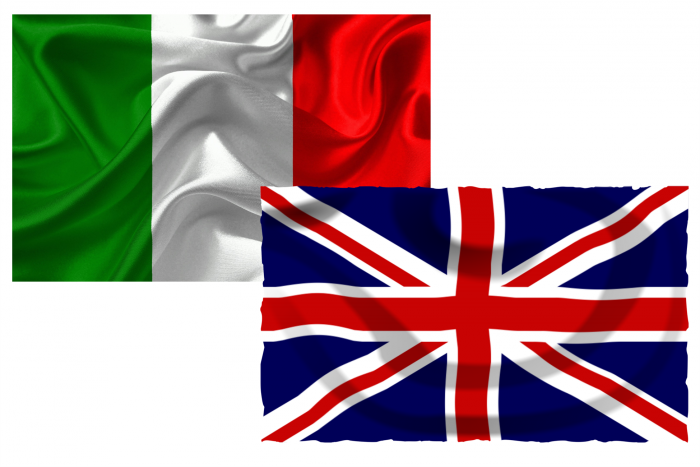
The Intercultural Mediation Workshop (Italian/English), aimed at students of the Second Cycle Degree in Modern Languages for International Communication and Co-operation, enables students to acquire methodological mediation tools and the related fundamental theoretical and applicative principles, useful for working in the field of international communication and intercultural co-operation on a professional level.
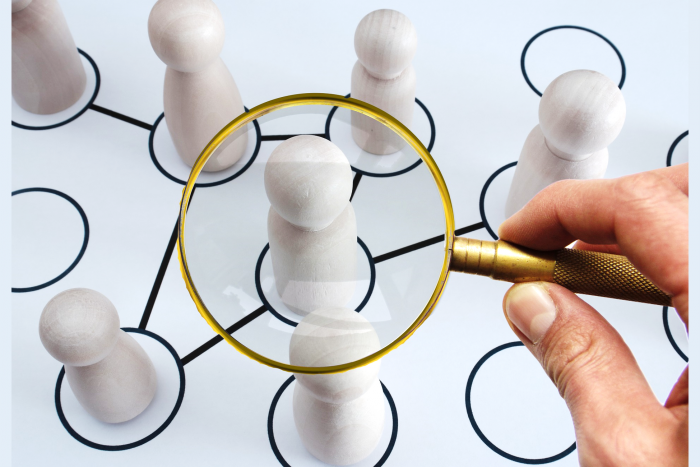
The Social Research and Digital Humanities Laboratory, aimed at students of the Second Cycle Degree in Modern Languages for International Communication and Cooperation, enables students to learn the techniques for constructing and managing the "classic" tools for data collection and social research, also in the digital field (netnography or digital ethnography). The skills taught also include learning how to construct online questionnaires and perform content analysis in particular online, also through the use of software that allows the analysis of data, in particular digital data (Nvivo or similar), useful for the interpretation and understanding of social dynamics and relations.
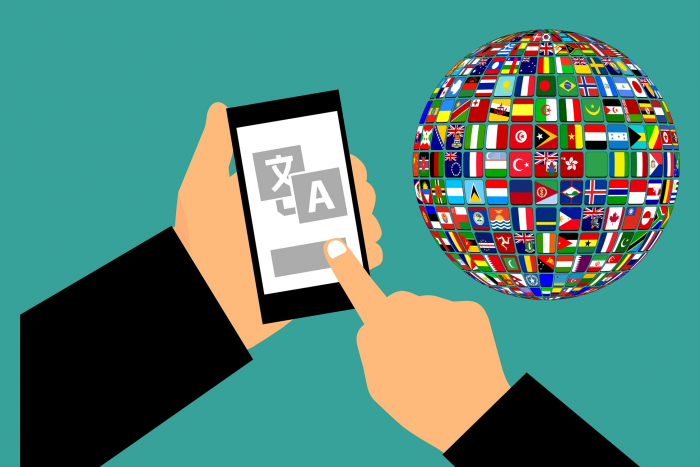
The Literary Translation Workshop, aimed at students of the Second cycle Degree in Intercultural Studies in Languages and Literature, aims to introduce students to the problems of translation in the fields of literature (novels, short stories, poems, etc.) and non-fiction (literary criticism, philosophy, history, journalistic reviews, scientific communication, etc.); translations relevant to film and television dubbing and multimedia materials will also be considered.
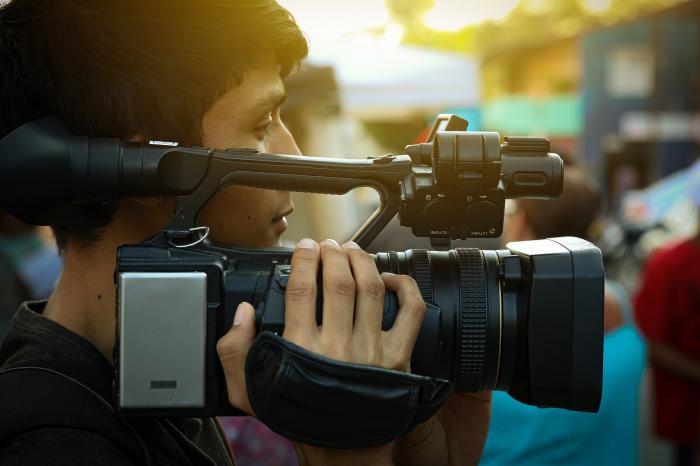
The Audiovisual Translation Workshop, aimed at students of the Master's degree in Modern Languages for International Communication and Co-operation, provides the skills required to use computer aids for the creation of subtitles and audio descriptions, intended for both hearing- and hearing-impaired audiences, as well as the effective translation into different languages of pre-drafted subtitles. It also provides an introduction to respeaking techniques and for assisting a hearing impaired audience, as well as to the technological tools used in this sector of the audiovisual translation market (Ooona and/or other programme).
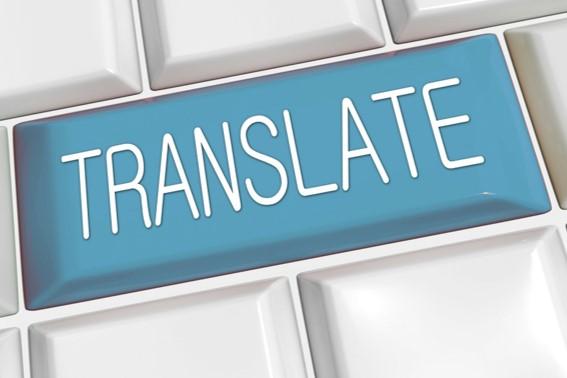
The Translation Technology workshop, aimed at students of the Second Cycle Degree in Modern Languages for International Communication and Co-operation, provides skills related to computer programmes for computer-aided translation (CAT tools) with its various tools (creation of lexical databases, translation memories, etc.). In addition, the workshop illustrates the principles and methods of machine translation post-editing and touches on other areas of software-assisted translation (website localisation, translation for gaming, etc.).
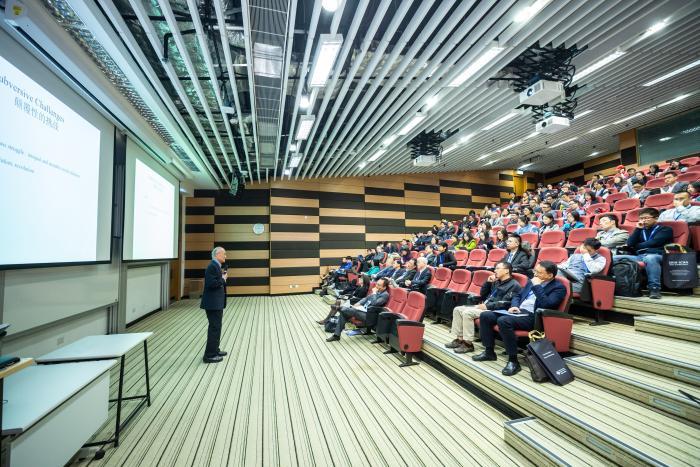
The workshop includes 30 hours of classroom work with a professional interpreter for English-Italian translation. The workshop takes place between April and July 2022 and new teaching projects in the field of interpreting will be developed on this basis in the coming years.
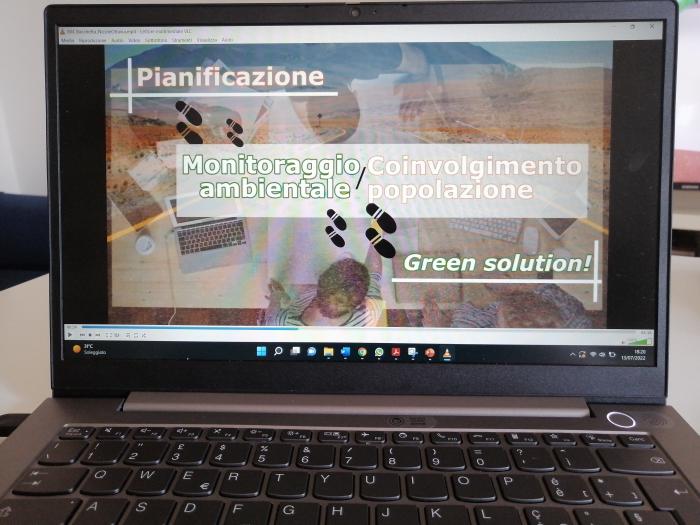
The VideoDigitalLab for territorial governance, aimed at students of the Second Cycle Degree in Geography and Urban Studies, enables students to learn the use of video-editing software for the creation of clips to support territorial governance (Premiere, After Effects); management of VR 360° films (Software 3DVista Virtual Tour PRO etc.); graphic processing and photo editing (Photoshop, Illustrator etc.); visual communication for the interpretation, understanding and rendering of the natural-environmental and historical-cultural dynamics of territories or for the communicative valorisation of the research findings (Dynamic presentations).
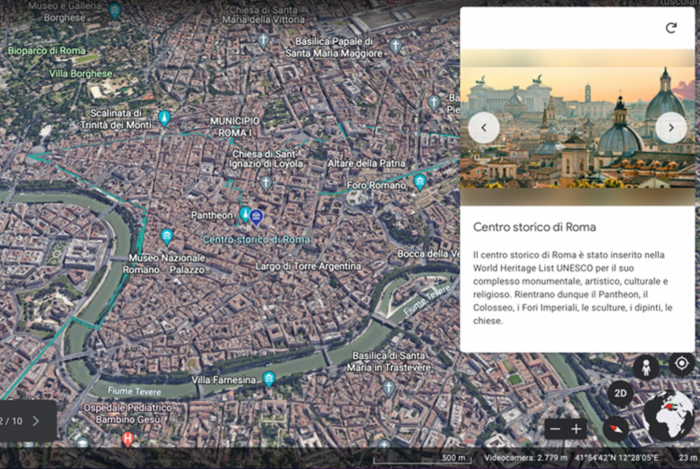
The WebMapping Workshop in Territorial Analysis and Intercultural Cooperation, aimed at students of the Second Cycle Degree in Modern Languages for International Communication and Cooperation, provides methodological and technical skills to support the analysis and representation of the territory, in the light of its new online configurations. Students learn how to use WebMapping systems (open source: GoogleEarth) and GIS-Geographic Information Systems (open source: QGIS) to create mappings useful for the interpretation and comprehension of the dynamics, social relations and intercultural exchanges to promote territorial development in European and non-European contexts.
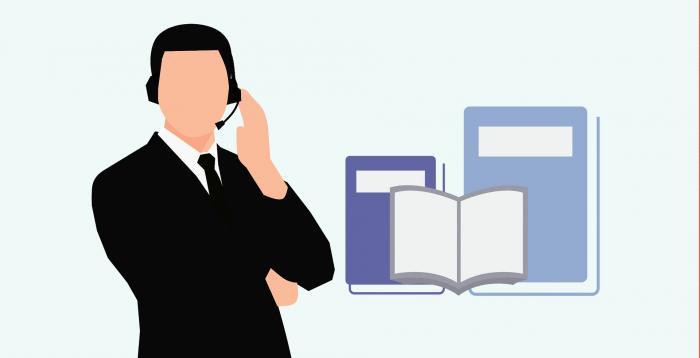
The workshop (held in the period 01 September - 16 October 2020) was aimed at 20 second-year students of the Second Cycle Degree Course in Modern Languages for International Communication and Cooperation.
Leader: Prof. Tommaso Pellin
In the three-year degree course in Modern Foreign Languages and Literatures, 6 courses (2 of which are in English) have been activated, focusing on the use of IT resources in the humanities and on translation processes, also with regard to their intercultural aspect, taking advantage of the opportunities for the internationalisation of teaching offered by the university in the last three academic years:
Numerous courses focusing on new technologies and translation have been activated in the second cycle degree courses:
Second cycle degree in Geography and Urban Studies
Second cycle degree Intercultural Studies in Languages and Literatures
Second cycle degree Modern Languages for International Communication and Cooperation
Second cycle degree Planning and Management of Tourism Systems
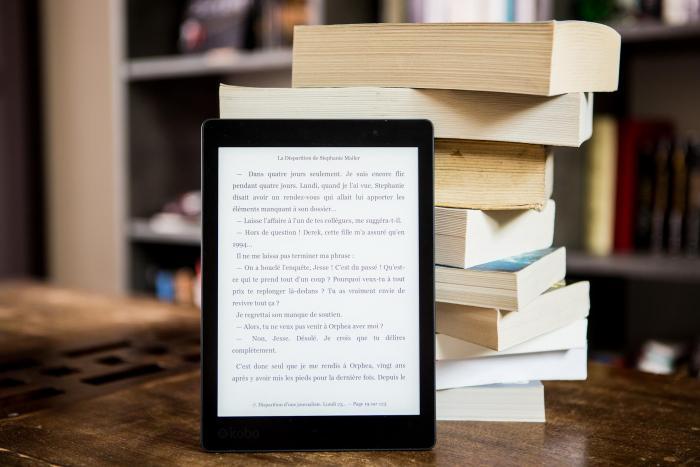
For academic year 2023-2024, a new internationalised Second cycle degree will be activated in the LM-43 Text Sciences and Culture Enhancement in the Digital Age class, focusing on IT methodologies for the humanities that will integrate digital skills and aspects of transcoding and transmediality.
The international dimension of the course will be strengthened by the cooperation with Riga Technical University and the Master in Digital Humanities that the University of Riga has initiated in cooperation with London Imperial College.